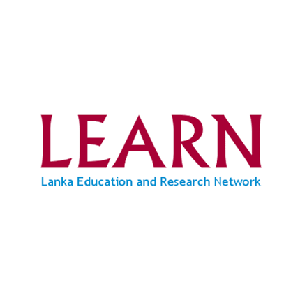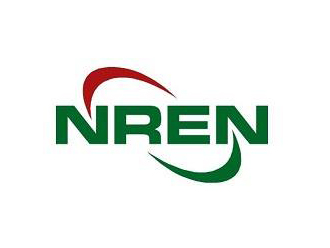
Asian NRENs join forces to expand access to digital tools for research and education
The national research and education networks (NRENs) of Sri Lanka, Bangladesh, Bhutan, and Nepal have forged a new alliance, laying the foundation for a more connected and resilient higher education and research sector in the region. In their first collective move, they have successfully negotiated an agreement with Zoom, securing discounted access to the platform for member institutions—a step that underscores the power of collaboration in overcoming shared challenges.
“Initially introduced during the pandemic as a lifeline for higher education continuity, Zoom persists as a crucial tool in higher education for remote learning and collaboration,” states a joint press release.
Empowering researchers
Beyond facilitating online lectures and student engagement, Zoom has become an essential tool for research collaboration. It enables seamless international discussions, virtual conferences, and remote participation in workshops, ensuring that researchers, regardless of their location, can contribute to global knowledge exchange. This agreement ensures that academics, students, and research teams across the participating NRENs can collaborate more effectively, bridging geographical barriers and fostering innovation.
The four NRENs—LEARN (Sri Lanka), BdREN (Bangladesh), DrukREN (Bhutan), and NREN (Nepal)—are the founding members of the newly formed South and East Asian Countries Research and Education Network (SEACREN). Officially launched at the APAN57 conference in Bangkok, Thailand, SEACREN aims to foster deeper collaboration across the region, inviting other networks to join and collectively address the evolving needs of the research and education sector.
A testament to transformative potential
Mohammad Tawrit, CEO of BdREN, emphasised the significance of this initiative:
“We shouldn’t expect external parties to solve our challenges. It’s important we actively contribute to building our services. By working together, we can achieve better economies of scale, the primary benefit of joining SEACREN. We are like-minded institutions facing similar challenges that we can overcome through mutual assistance.”
Beyond Zoom: a broader digital transformation
The Zoom agreement is just the beginning. SEACREN members are already exploring additional shared services that could bring lasting benefits to higher education and research across the region. Discussions are underway about potential collaborations on plagiarism detection tools, MOOC (Massive Open Online Course) platforms, shared computing resources, and research paper repositories. These services will provide researchers with access to essential tools for publishing, peer review, and large-scale data analysis, further strengthening the region’s research capabilities.
A testament to the power of partnership
This collaboration extends beyond cost savings; it represents a fundamental shift towards self-reliance and regional empowerment. As the joint press release highlights:
“It signifies a dedication to breaking down barriers and fostering equitable outcomes, empowering their members to achieve more. Consequently, SEACREN is poised to elevate the research and education landscape, contributing to the development of each member nation and, thereby, bringing prosperity to the entire region. Ultimately, SEACREN’s commitment to collaboration is a testament to the transformative potential when like-minded institutions unite for the greater good.”
By securing critical digital tools like Zoom and exploring further collaborative services, SEACREN is paving the way for a more connected, resourceful, and globally engaged research and education community in South and East Asia.
The press release “SEACREN launches to unite NRENs in empowering researchers across South and East Asia” can be found at the BdREN website.
For more information please contact our contributor(s):




